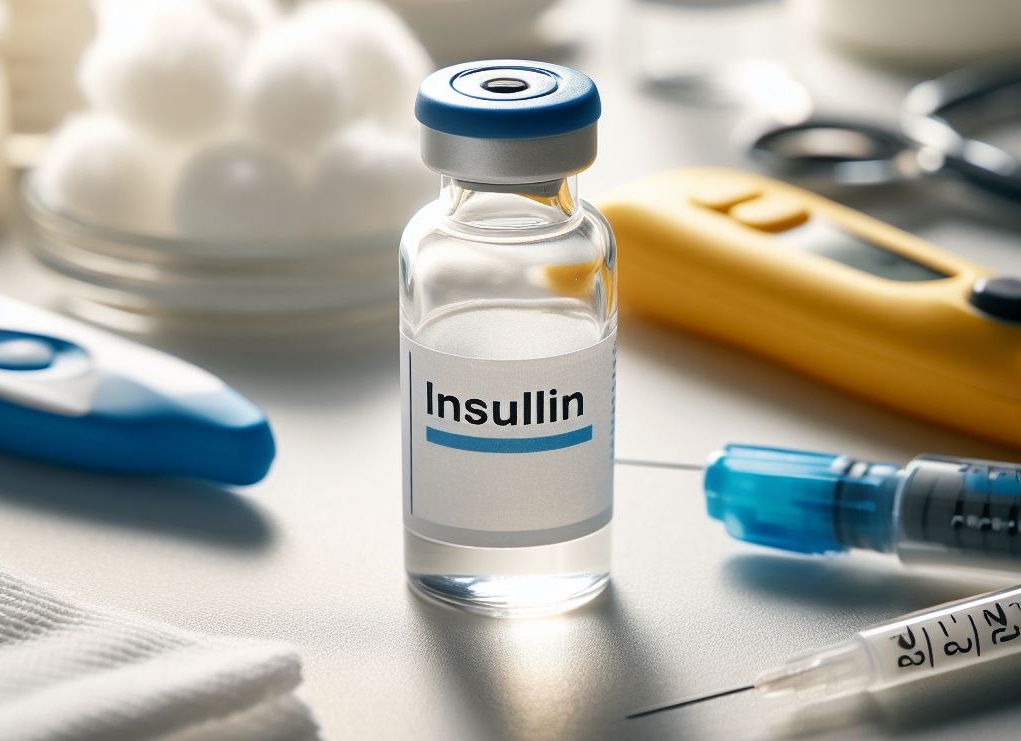A University of Alberta team has developed a new step to improve the process for creating insulin-producing pancreatic cells from a patient’s own stem cells, bringing the prospect of injection-free treatment closer for people with diabetes.
Using a patient’s own stem cells to replace insulin-producing cells is “the horizon” for treating diabetes, says the researcher.
Through a procedure known as “directed differentiation,” the researchers use stem cells extracted from the blood of a single patient to chemically wound them forward and backwards in time until they finally develop into insulin-producing cells.
The AKT/P70 inhibitor AT7867 is an anti-tumor medication that the researchers used to treat pancreatic progenitor cells. Compared to earlier techniques that only generated 60% of the target cells, they claim that the new method produced the targeted cells at a rate of 90%. After being implanted into mice, the new cells produced fewer undesirable cysts and allowed for insulin injection-free glycemic management in half the time. The group thinks that in due course, it will be possible to eradicate the remaining five to ten per cent of cells that do not develop into pancreatic cells. The research was published this month.
We need a stem cell solution that provides a potentially limitless source of cells. We need a way to make those cells so that they can’t be seen and recognized as foreign by the body’s immune system.
James Shapiro, Canada Research Chair in Transplant Surgery and Regenerative Medicine and head of the Edmonton Protocol
The technique developed by the researchers to cultivate insulin-producing cells from a patient’s own blood appears to be more dependable and safer, and it may someday eliminate the need for anti-rejection medications during transplants. The restricted supply of donated organs restricts the therapeutic options accessible to recipients of given cells, who must take anti-rejection medications for the rest of their lives.
Shapiro says further safety and efficacy studies will need to be carried out before the transplantation of stem-cell-derived islet cells is ready for human trials. However, he is excited by the progress.
The cells used for this research were pancreatic progenitors, cells that can be further differentiated in the lab to generate cells that release insulin. Throughout those next steps of differentiation, we believe that we will be able to eliminate that five to 10 per cent of cells that did not result in pancreatic cells.
Nerea Cuesta-Gomez, a postdoctoral fellow with the Clinical Islet Transplant Program
All of the cells were able to reverse diabetes, according to Cuesta-Gomez, regardless of whether the patient had Type 1 or Type 2 diabetes or surgical diabetes as a result of pancreatic removal.
Shapiro cautions that further safety and efficacy studies will need to be carried out on the method before transplantation of stem-cell-derived islet cells is ready for human trials, but he is excited by the progress.
Source: University of Alberta News
Journal reference: Cuesta-Gomez, N., Verhoeff, K., Dadheech, N., Pawlick, R., Marfil-Garza, B., Razavy, H., & Shapiro, A. M. J. (2023). AT7867 promotes pancreatic progenitor differentiation of human iPSCs. Stem cell reports, S2213-6711(23)00407-1. Advance online publication. https://doi.org/10.1016/j.stemcr.2023.10.005
Report: Achuth B S
Last updated:
Also read
Graduated from the University of Kerala with B.Sc. Botany and Biotechnology. M.Sc. Biotechnology from the University of Kerala. Attended certificate course in Artificial Intelligence for Everyone from Deeplearning.AI, Influenza Prevention and Control from World Health Organization. Attended workshops related to Bioinformatics at the University of Kerala. 3 years of experience in website management. Experience in WordPress, Blogger, Google Analytics, and Google Search Console.









